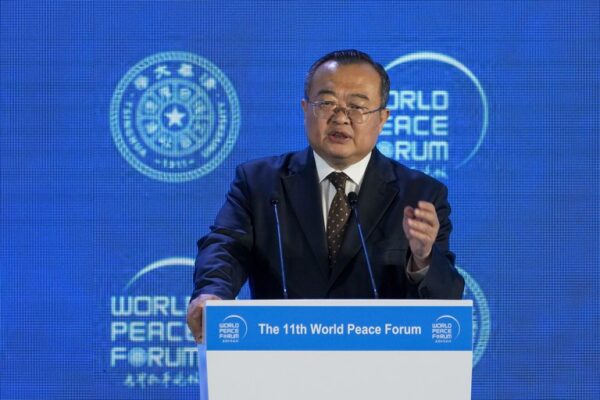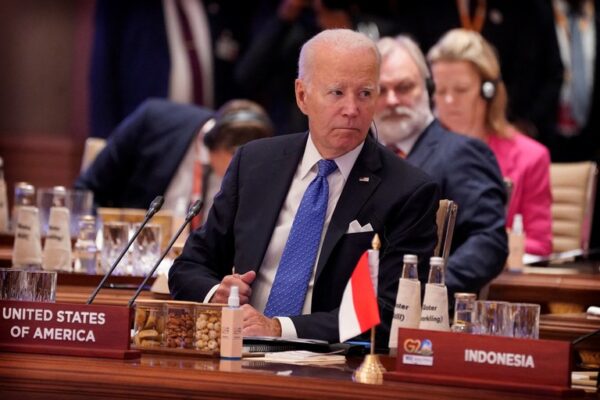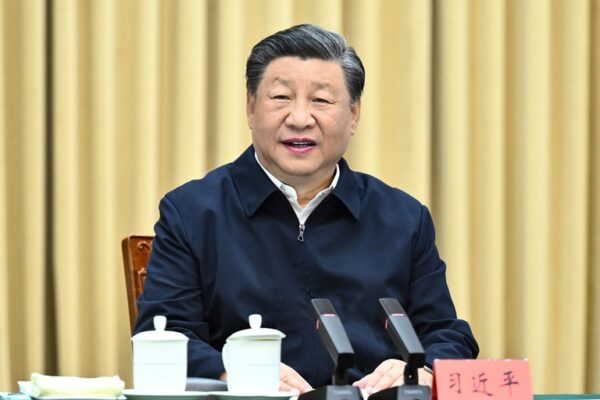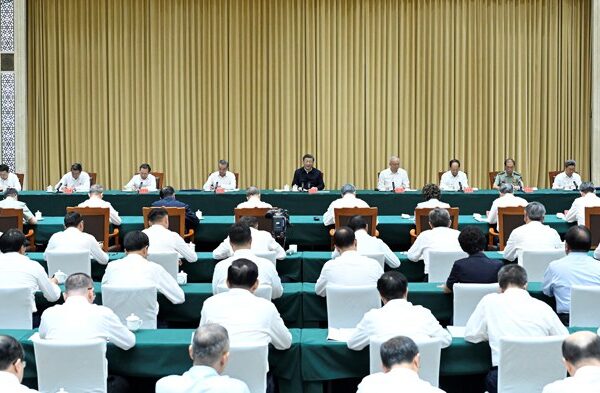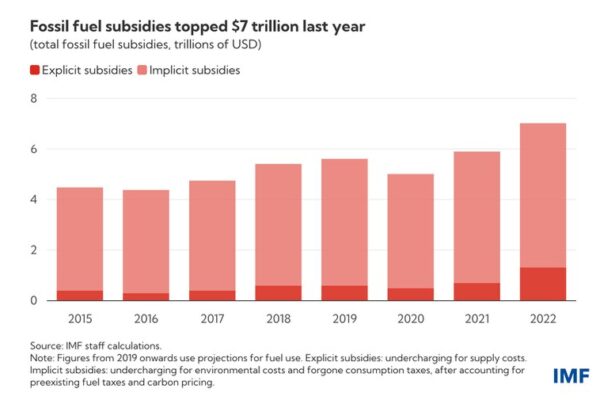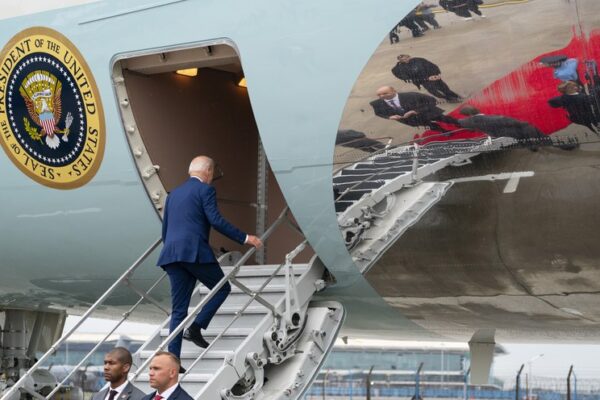
G20 ends on high note for Indian host
The G20 wound up on Sunday with leaders visiting a memorial statue to Indian independence leader Mahatma Gandhi, a day after adding 55 new member states via the African Union and coming up with a compromise communique soft on Russia’s invasion of Ukraine. Prime Minister Narendra Modi invited the African Union to join the G20 as a permanent member on Saturday in his opening remarks, calling on members to end a “global trust deficit.” “It is time for all of us to move together,” Modi said. Despite widespread anticipation that this year’s summit would be a damp squib, it appeared to have featured some significant pushback on China’s apparent unwillingness to play ball with the developed world. Modi announced on Saturday that negotiators had resolved deep differences over the wording on the war in Ukraine, but the phrasing – not invasion by Russia but “war in Ukraine” – was clearly a bone to Russia and China, whose leaders did not attend. China and Russia were opposed to any joint statement that censures Russia’s invasion of Ukraine. U.S. President Joe Biden skipped the final session of the summit, heading to Vietnam, where a Whitehouse official said the two nations would elevate their relationship to a comprehensive strategic partnership, putting it on a par with Beijing and Moscow’s engagement with Hanoi. U.S. President Joe Biden leaves for Vietnam after attending the G20 Summit, in New Delhi, India, Sunday, Sept. 10, 2023. Credit: AP Modi pronounced the summit a success. “On the back of the hard work of all the teams, we have received consensus on the G20 Leaders Summit Declaration. I announce the adoption of this declaration,” Modi told the G20 leaders in New Delhi. “#G20India has been the MOST ambitious in the history of #G20 presidencies. With 112 outcomes and presidency documents, we have more than tripled the substantive work from previous presidencies,” said India’s G20 Sherpa representative Amitabh Kant on social media. Commentators said that it was significant that India appeared to be ready to take a more assertive role in global politics. Modi ended the summit by passing on the ceremonial gavel to Brazil’s president Luiz Inacio Lula da Silva, whose country takes over the bloc’s presidency. Welcome Africa The announcement of permanent inclusion of the 55-nation African Union (AU) is likely to be a blow for Chinese president Xi Jinping, who did not attend the summit for unknown reasons, and recently heralded the new membership of six countries in the BRICS grouping as “historic.” The AU’s young population of 1.3 billion is expected to double by 2050, when it will account for a quarter of the global population. It’s strategically important to both China, Africa’s largest trading partner and one of its largest lenders, and Russia, its leading arms provider. Indian Prime Minister Narendra Modi, right, shares a light moment with African Union Chairman Azali Assoumani upon his arrival at Bharat Mandapam convention center for the G20 Summit in New Delhi, India, Saturday, Sept. 9, 2023. Credit: Pool via Reuters Meanwhile, in what will likely be seen as a challenge to Xi’s ambitious Belt and Road Initiative (BRI), U.S. President Joe Biden, Modi and allies announced a rail and shipping corridor connecting India with the Middle East and ultimately Europe. The project will include the United States, India, Saudi Arabia, the United Arab Emirates, the European Union and other countries in the G20. Commentators speculate it will enable greater trade and be an ambitious counter to China’s massive BRI, through which it has sought to invest and lend its way to making its economy better connected with the world. Saudi Arabian Crown Prince Mohammed bin Salman, left, and Indian Prime Minister Narendra Modi shake hands next to U.S. President Joe Biden on the first day of the G20 summit in New Delhi, India, Sept. 9, 2023. Credit: AP/POOL The moves on Saturday, which were roundly seen as pushback against China, came against a background of speculation as to why China’s Xi was not present and calls for Beijing to explain itself. “It’s incumbent upon the Chinese government to explain” why its leader “would or would not participate,” Jon Finer, the U.S. deputy national security adviser, told reporters in Delhi. He said there was speculation that China is “giving up on G20” in favor of groupings like BRICS, where it is dominant. Chinese Premier Li Qiang, who attended the summit as a representative of Xi, called on the European Union Commission President Ursula von der Leyen for greater unity and cooperation between the two sides to counter global uncertainties, according to a statement on Sunday from China’s Ministry of Foreign Affairs. Li urged the EU to provide a non-discriminatory environment for Chinese companies, as the bloc becomes warier of the risks of engaging China, seeing it as a “systemic rival” since 2019. Edited by Mike Firn and Elaine Chan.

